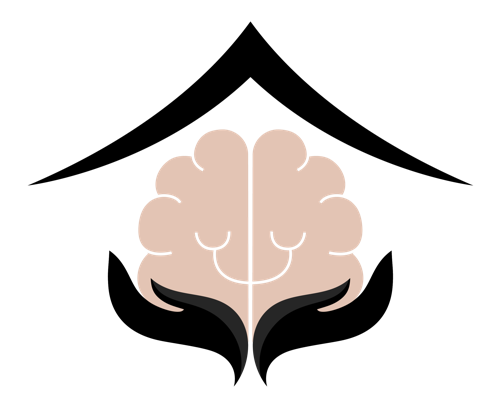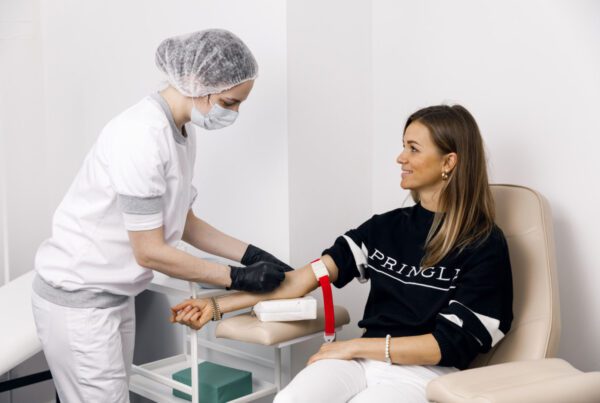Today, we’re diving deep into the world of psychedelic medicine and how it’s changing the game for mental health. These substances have been stigmatized and criminalized for decades, but thanks to recent research and advocacy, they’re finally being recognized for their potential to treat various mental illnesses.
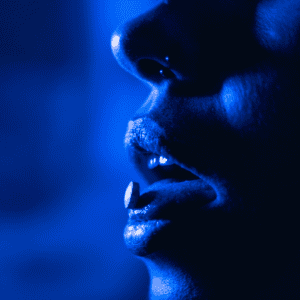 Let’s start by taking a trip back in time. In the 1950s and 60s, researchers conducted hundreds of clinical trials using psychedelic substances like LSD and psilocybin. The results were promising, with many patients reporting significant reductions in depression, anxiety, and PTSD symptoms. However, as the counterculture movement grew and these drugs became associated with rebellion and chaos, the government cracked down on their use, and research came to a screeching halt.
Let’s start by taking a trip back in time. In the 1950s and 60s, researchers conducted hundreds of clinical trials using psychedelic substances like LSD and psilocybin. The results were promising, with many patients reporting significant reductions in depression, anxiety, and PTSD symptoms. However, as the counterculture movement grew and these drugs became associated with rebellion and chaos, the government cracked down on their use, and research came to a screeching halt.
Fast forward to the 21st century, and we finally see a revival of interest in psychedelic medicine. Scientists are again studying these substances’ effects on the brain, and the results are awe-inspiring. In one recent study, psilocybin alleviated treatment-resistant depression in 80% of patients. Another study found that MDMA-assisted therapy could provide long-lasting relief for those with PTSD.
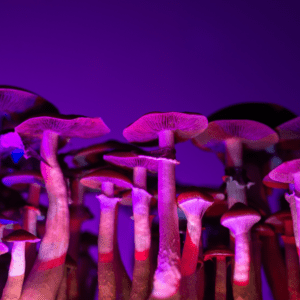 So, how exactly do these substances work? It’s all about the brain. Psychedelics have been found to increase connectivity between areas of the brain that are usually isolated, leading to a more holistic perspective on one’s thoughts and emotions. They can also increase neural plasticity, or the brain’s ability to change and adapt over time. Essentially, they help break down the rigid patterns of thinking that often lead to mental illness.
So, how exactly do these substances work? It’s all about the brain. Psychedelics have been found to increase connectivity between areas of the brain that are usually isolated, leading to a more holistic perspective on one’s thoughts and emotions. They can also increase neural plasticity, or the brain’s ability to change and adapt over time. Essentially, they help break down the rigid patterns of thinking that often lead to mental illness.
Of course, there are still plenty of barriers to the widespread use of psychedelic medicine. One major issue is legal status – many of these substances are still illegal and classified as Schedule 1 drugs by the US government. Additionally, there are concerns about safety, proper dosing, and the potential for abuse. But with more and more research supporting their benefits, advocates are pushing for reevaluating these laws and increasing access to these therapies for those in need.
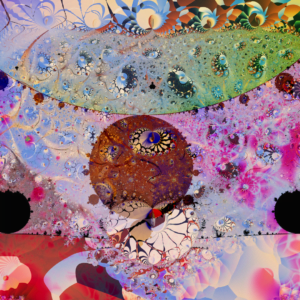 The future of psychedelic medicine is bright, but it’s also complex. As with any breakthrough, there will be challenges and setbacks. But for those who have experienced the life-changing benefits of these substances, the potential is simply too great to ignore. If we can continue to support research, advocate for change, and educate ourselves and others about their potential, we may just be on the brink of a new era of mental health care. So, keep tripping and fighting, and remember that the psychedelic revolution is just starting.
The future of psychedelic medicine is bright, but it’s also complex. As with any breakthrough, there will be challenges and setbacks. But for those who have experienced the life-changing benefits of these substances, the potential is simply too great to ignore. If we can continue to support research, advocate for change, and educate ourselves and others about their potential, we may just be on the brink of a new era of mental health care. So, keep tripping and fighting, and remember that the psychedelic revolution is just starting.
